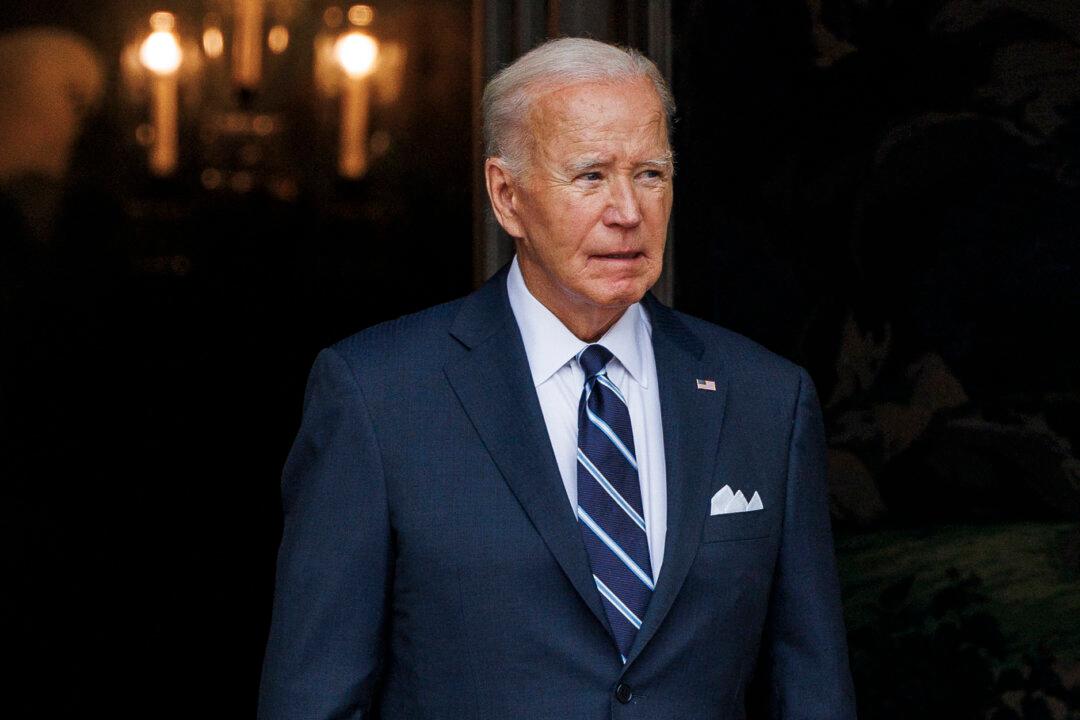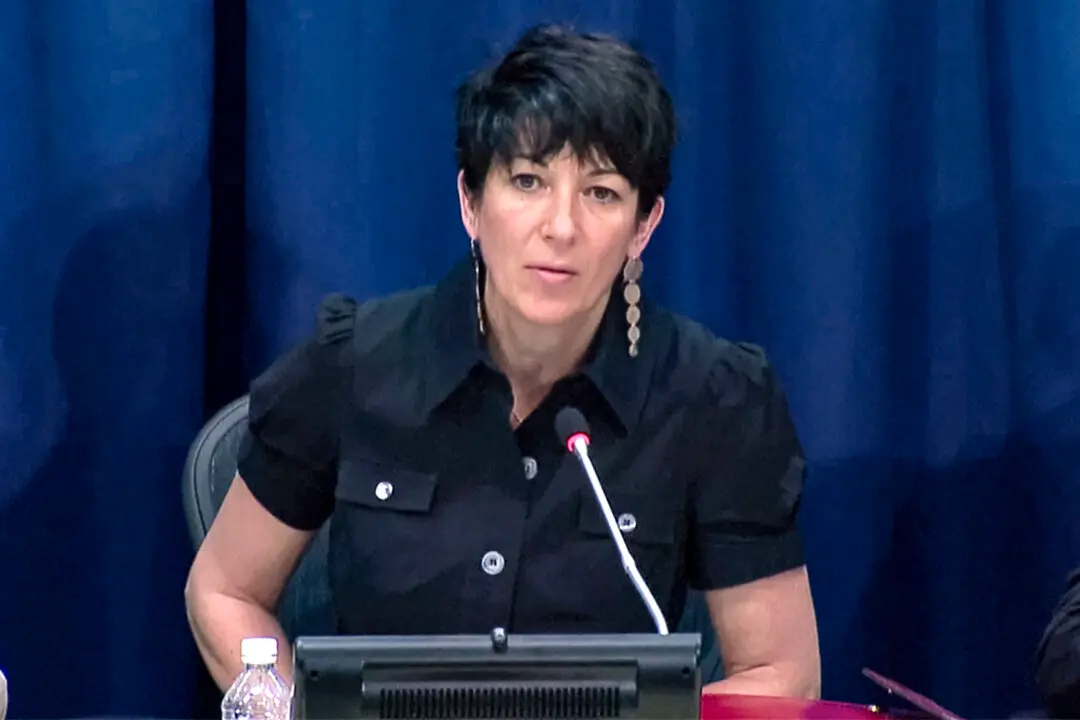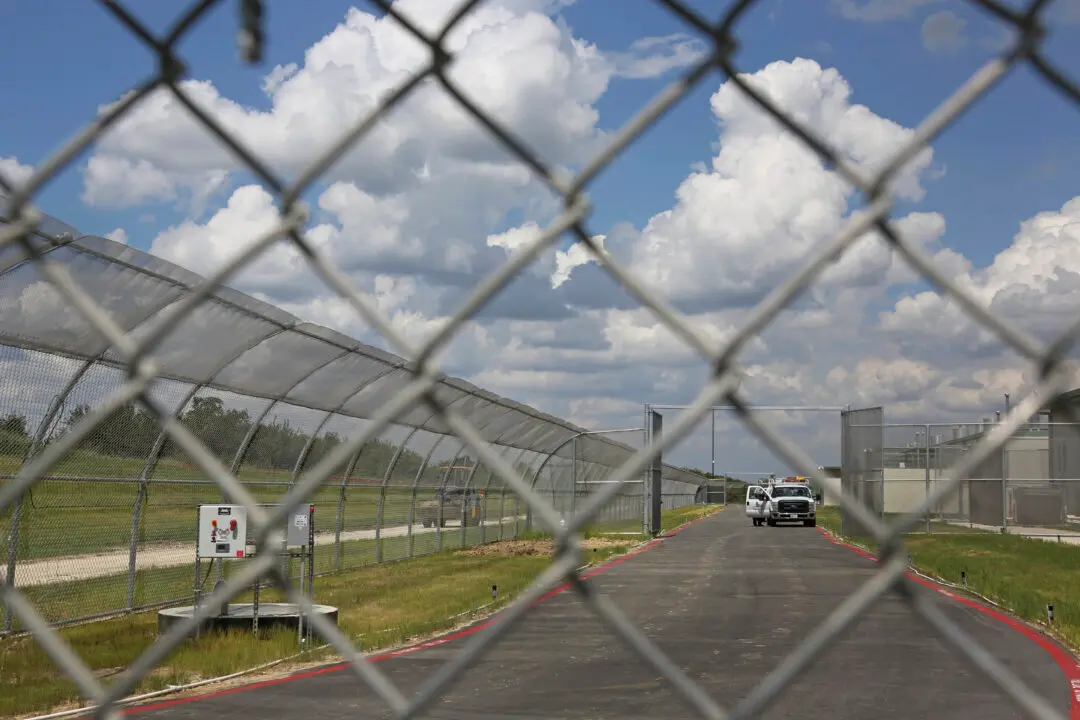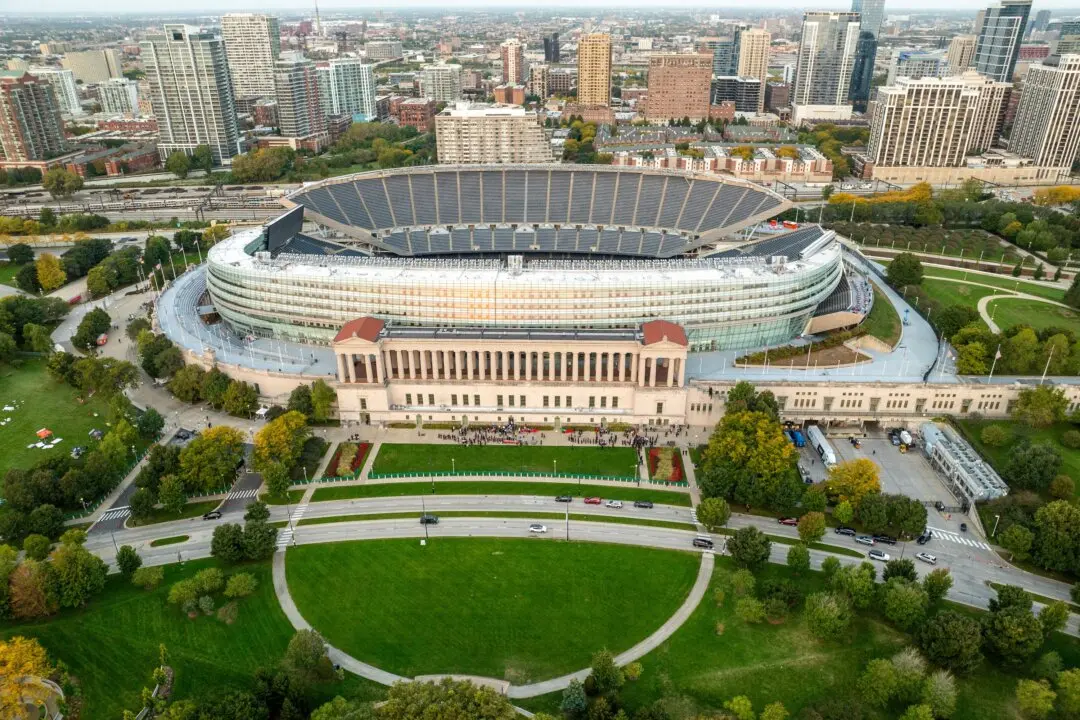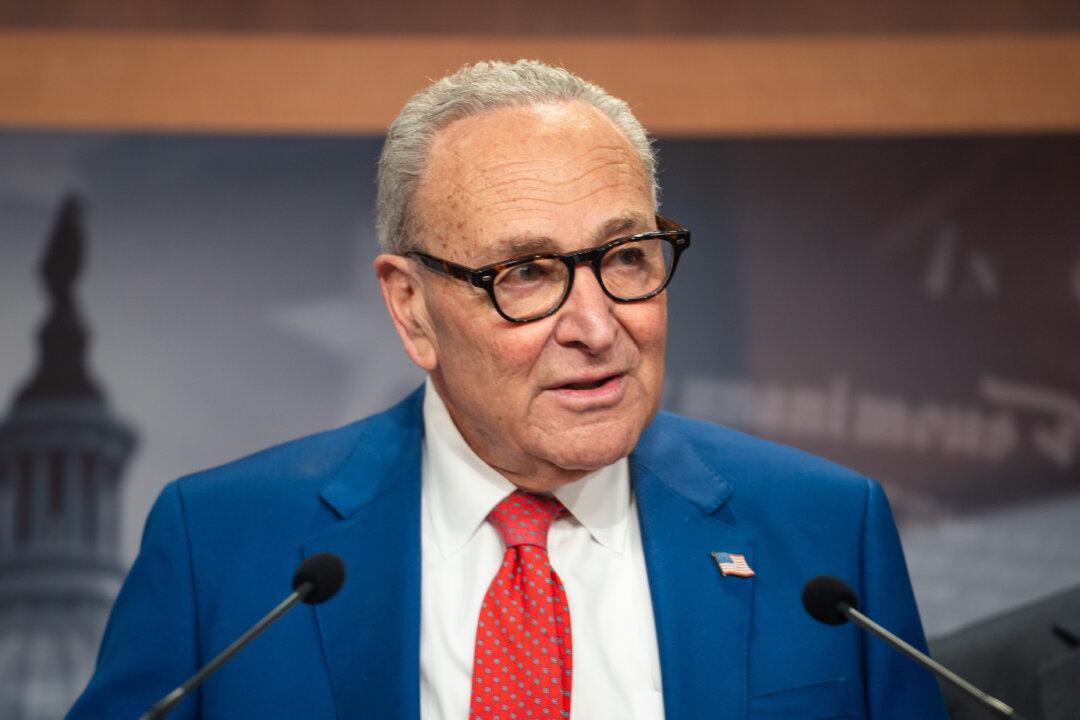President Joe Biden said on Sept. 25 that an “all-out war is possible” in the Middle East, amid increasing tensions between Israel and the Iran-backed Hezbollah terrorist group.
Appearing on ABC’s “The View,” Biden said that despite that possibility, there is a chance to have a settlement between Israel and Hezbollah “that could fundamentally change the whole region.”
